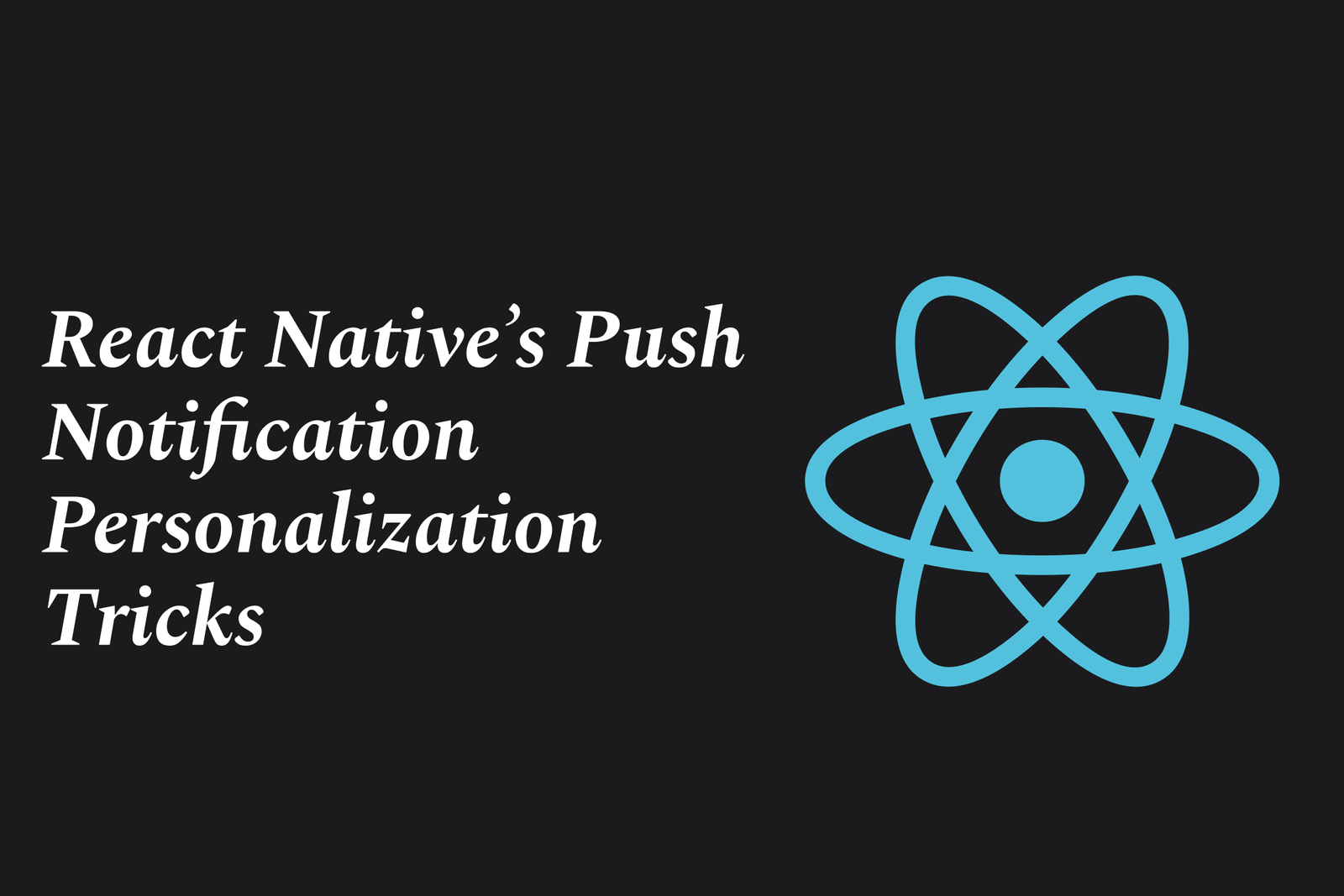Why react native developers are investing in AI tools
React Native developers are investing in AI tools to boost productivity, automate repetitive tasks, and enhance app features with intelligent capabilities. AI integration streamlines development, improves user experiences, and helps create smarter, more competitive cross-platform mobile apps efficiently.
Why React Native Developers Are Investing in AI Tools
1 ) Integration of AI to Enhance Development Efficiency
React Native developers are increasingly adopting AI tools to streamline their development processes. AI facilitates faster code generation, debugging, and testing, allowing developers to accelerate app creation without sacrificing quality. This integration significantly reduces repetitive tasks, optimizes workflows, and enables developers to focus on creative problem solving.
2 ) Improved User Experience through AI Driven Features
AI tools empower React Native developers to incorporate advanced features such as personalized content, intelligent virtual assistants, and predictive analytics into mobile applications. By leveraging AI, developers can craft more engaging and intuitive user experiences, helping apps stand out in competitive markets.
3 ) Leveraging AI for Cross Platform Optimization
React Native’s core strength is cross platform development, and AI tools complement this by offering automated performance tuning and adaptive UI adjustments tailored for diverse devices. Developers benefit from AI's capabilities to optimize apps for both Android and iOS platforms effectively, ensuring smooth performance and consistent user interfaces.
4 ) Access to Advanced AI Frameworks and Libraries
The expanding availability of AI frameworks compatible with JavaScript and React Native environments enables developers to infuse machine learning, natural language processing, and computer vision features directly within their apps. This accessibility encourages developers to experiment and innovate by embedding AI functionalities natively.
5 ) Market Demand and Competitive Advantage
With the growing market demand for intelligent applications, React Native developers invest in AI tools to meet client expectations and future proof their skills. AI proficiency positions developers advantageously in the job market and contributes to building more sophisticated, market ready products.
6 ) Community and Industry Momentum
React Native’s active developer community and the broader tech industry’s push toward AI adoption motivate developers to embrace AI tools. Shared knowledge, open source AI projects, and collaborative innovation foster an ecosystem where mastering AI enhanced React Native development becomes both accessible and essential.
https://justacademy.in/news-detail/android-widget-builder-tools
https://justacademy.in/news-detail/cross-platform-apps:-react-native-leading-the-pack
https://justacademy.in/news-detail/flutter-vs-react-native-in-2025:-the-real-winner
https://justacademy.in/news-detail/how-react-native-is-powering-the-next-generation-of-desktop-apps
https://justacademy.in/news-detail/android-instant-apps-developments
Related Posts
Java supports GDPR and data privacy by enabling secure data handling through encryption, controlled access, and precise data management. It allows developers to minimize PII exposure, ensure data confidentiality, and design workflows that comply with data protection regulations effectively.
Java code quality tools have evolved to include advanced static analysis, integrated security checks, and AI-powered code reviews. These updates help developers detect bugs, enforce coding standards, and enhance security, streamlining the development process and improving overall code reliability.
Java remains a cornerstone in big tech companies, evolving with modern features like records, pattern matching, and virtual threads. Its robust ecosystem, enhanced performance, and growing AI integrations keep it vital for both legacy systems and innovative new projects.
Java and CI/CD pipeline optimizations streamline Java application development by automating builds, tests, and deployments. They improve efficiency through parallelization, caching, and secure secrets management, enabling faster feedback loops and more reliable, scalable software delivery.
Java supports modern cryptography standards through its flexible Java Cryptography Architecture (JCA), enabling integration of advanced algorithms like AES, EdDSA, and post-quantum tools. Libraries like Bouncy Castle offer FIPS-certified, hardware-accelerated implementations for secure development.
Java 23 enhances record patterns by enabling concise, direct destructuring of record components within pattern matching, simplifying type checks and data extraction. This improvement boosts code readability and expressiveness by reducing boilerplate in handling immutable data classes.
Java remains a top choice for mobile app backends, powering scalable, secure, and high-performance server-side solutions. Latest trends include cloud-native microservices, reactive programming, and enhanced JVM optimizations, enabling efficient, flexible, and robust mobile backend development.
Java SE 24 and LTS Java SE 21 offer enhanced features and performance, while Apache Spark 4.0.0 introduces Scala 2.13 support and advanced ML and SQL capabilities. Together, they empower developers to build scalable, high-performance data applications with modern tools.
JUnit 5 modernizes Java testing with a modular architecture, improved assertions, and seamless Java 8+ support. Beyond JUnit, tools like Mockito and AssertJ enhance mocking and assertions, creating a powerful, flexible ecosystem for writing clean, efficient Java unit tests.
Java plays a pivotal role in cloud automation tools by providing a robust, platform-independent language used to build scalable automation frameworks like Jenkins and Selenium, enabling efficient CI/CD pipelines, testing, and orchestration across diverse cloud environments.










